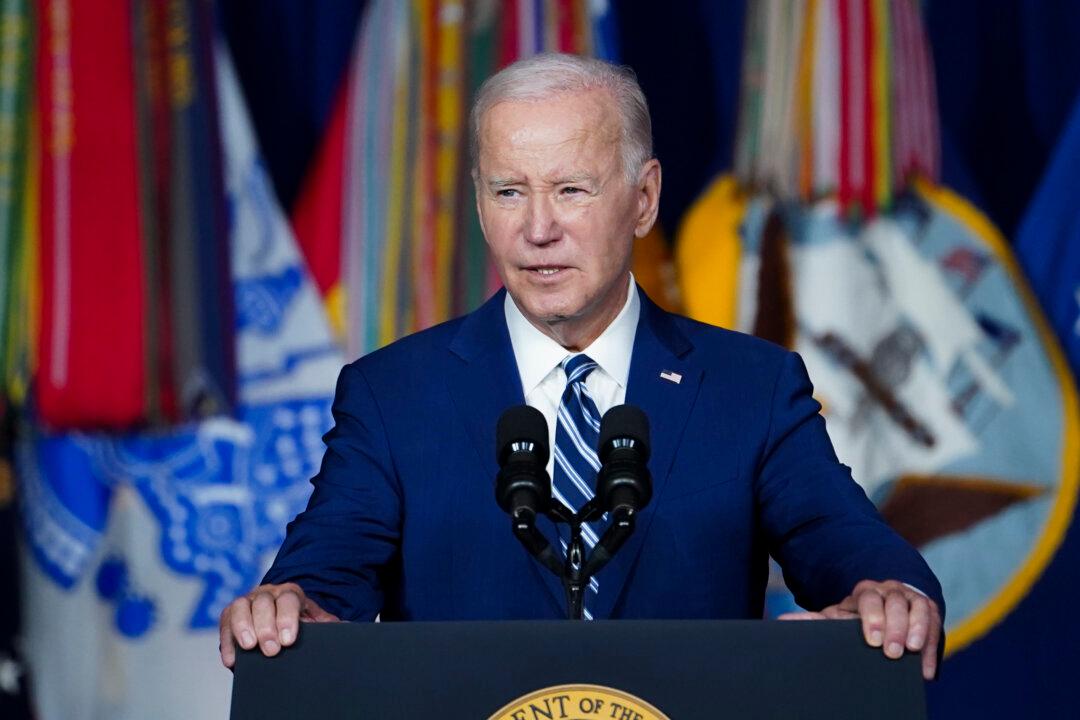President Joe Biden signed the stopgap funding legislation on Jan. 19 to continue to fund the government until early March, putting off a government shutdown for several more weeks until a full funding measure can be agreed upon by Congress.
Congress approved the legislation one day before a government deadline, sending the measure to President Biden’s desk for his signature. House Democrats joined Republicans to pass the measure on the evening of Jan. 18 in a 314–108 vote. Earlier in the day, the Senate approved the bill in a 77–18 vote.





